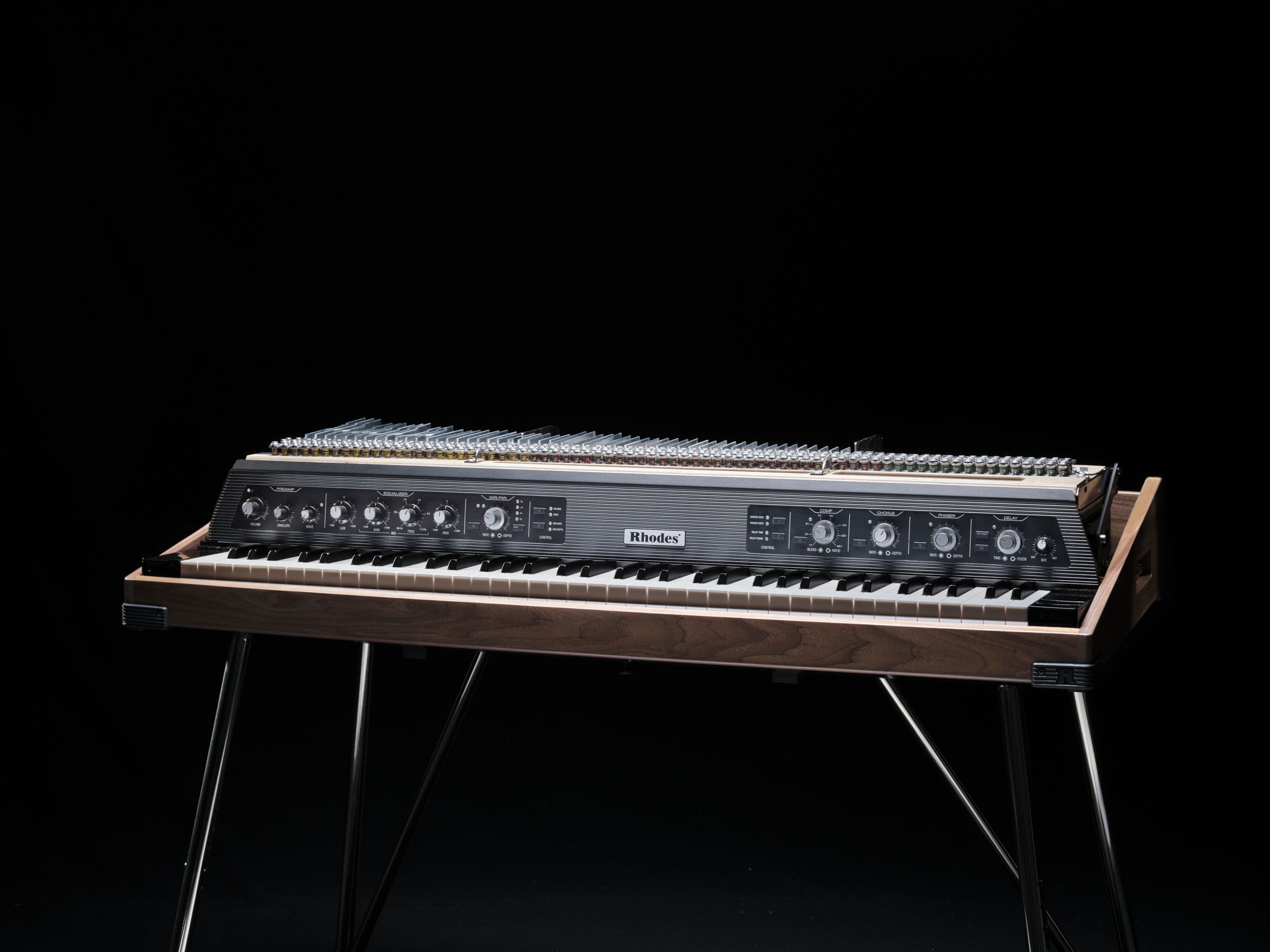

The new Rhodes MK8 marks the culmination of 76 years of development. This iconic instrument has an intriguing origin story, followed by a high profile in modern music. The new MK8 from the Rhodes Music Group takes that legacy and refines it, with higher quality materials and components and plenty of customisation options.
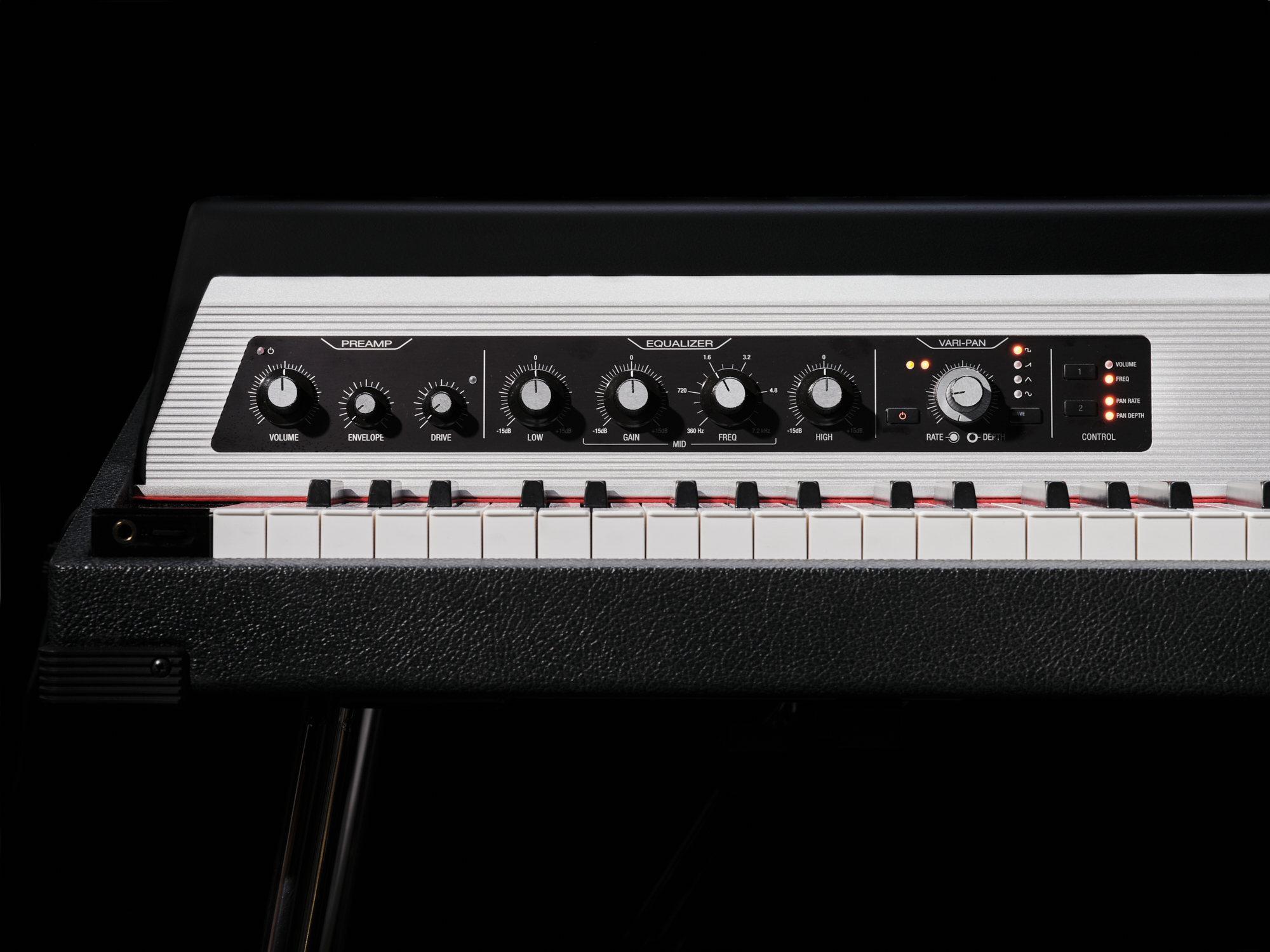
The Rhodes was the creation of American inventor, musician, and US Air Force serviceman Harold Rhodes. During WWII, Rhodes was charged with musical education, and his first piano was built for rehabilitating injured airmen. Designed to be compact so it could fit into a hospital ward or a classroom, it used parts salvaged from scrapped B-17 bombers. It was a great success, and Rhodes combined development of the piano with his acclaimed method of teaching for many decades.
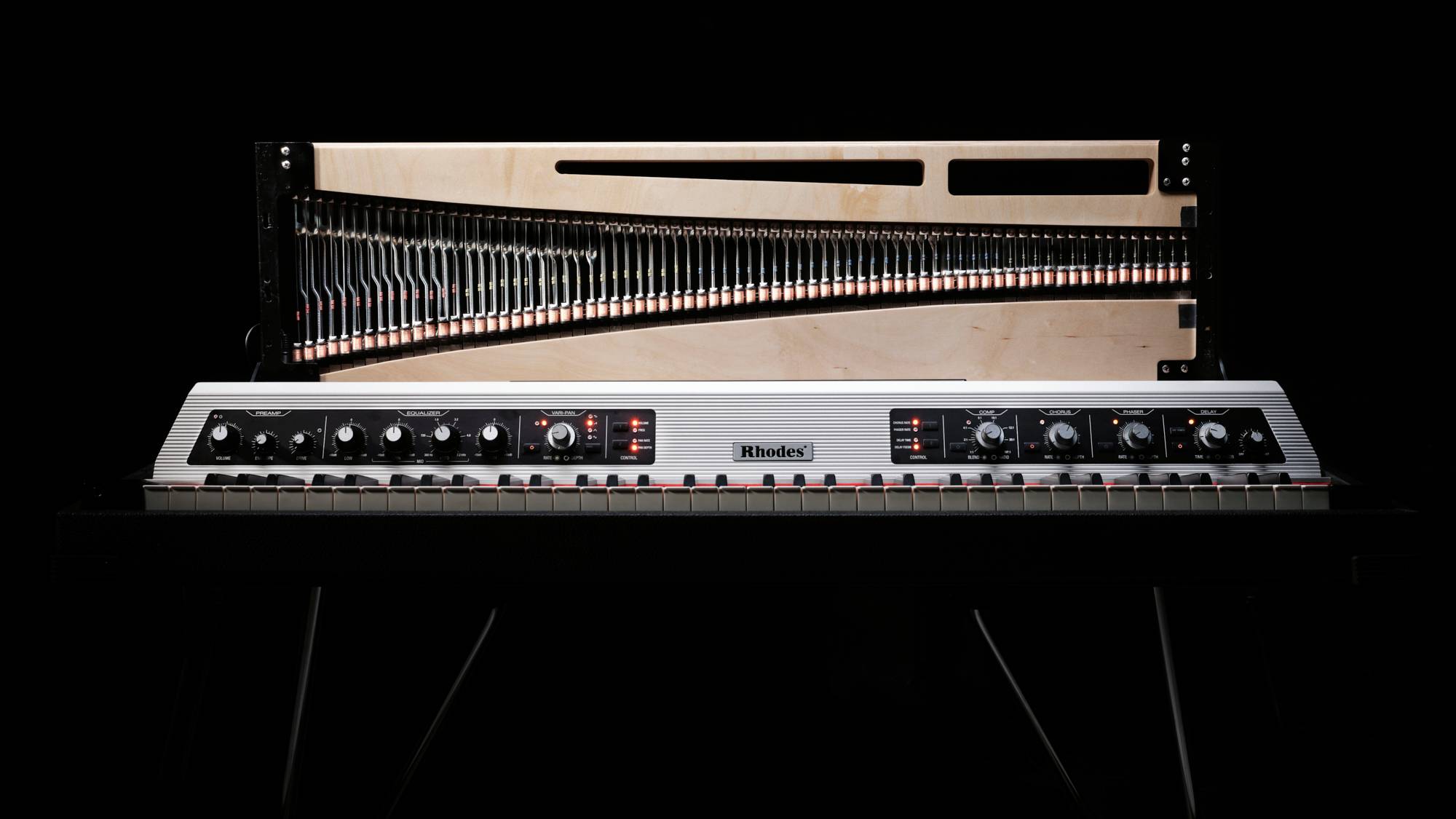
From 1959 onwards, Rhodes collaborated with guitar maker Leo Fender to mass-produce and refine the keyboard. Their first product was the Fender Rhodes Piano Bass, the sound of which you can hear at the start of The Doors’ ‘Break on Through’.
In 1965, the first full-sized Rhodes keyboard was released, the Fender Rhodes MK1, an instrument that produced one of the defining sounds of the pre-synth era. The Rhodes cropped up with clockwork regularity on some of the finest records of the 60s and 70s, in every genre, from Ray Charles to Led Zeppelin, Stevie Wonder to Miles Davis. You can see Billy Preston use the Fender Rhodes to glue the Beatles’ ‘Don’t Let Me Down’ together in Peter Jackson’s ‘Get Back’ documentary.

The Rhodes was immediately recognisable, a mix between a piano and an organ, with long sustain and a characteristic polyphonic blurring. The electro-mechanical design used hammers to strike a tuning-fork like tine, with the resulting vibrations received by an electro-magnetic pick-up, just like in an electric guitar.
The Rhodes had two things in its favour; a vast range of tones running from smooth, silvery and easy listening through to gritty and distorted, as well as being far more reliable and portable than other stage pianos. Stacked atop its bespoke suitcase amplifier, it was perfect for touring musicians.
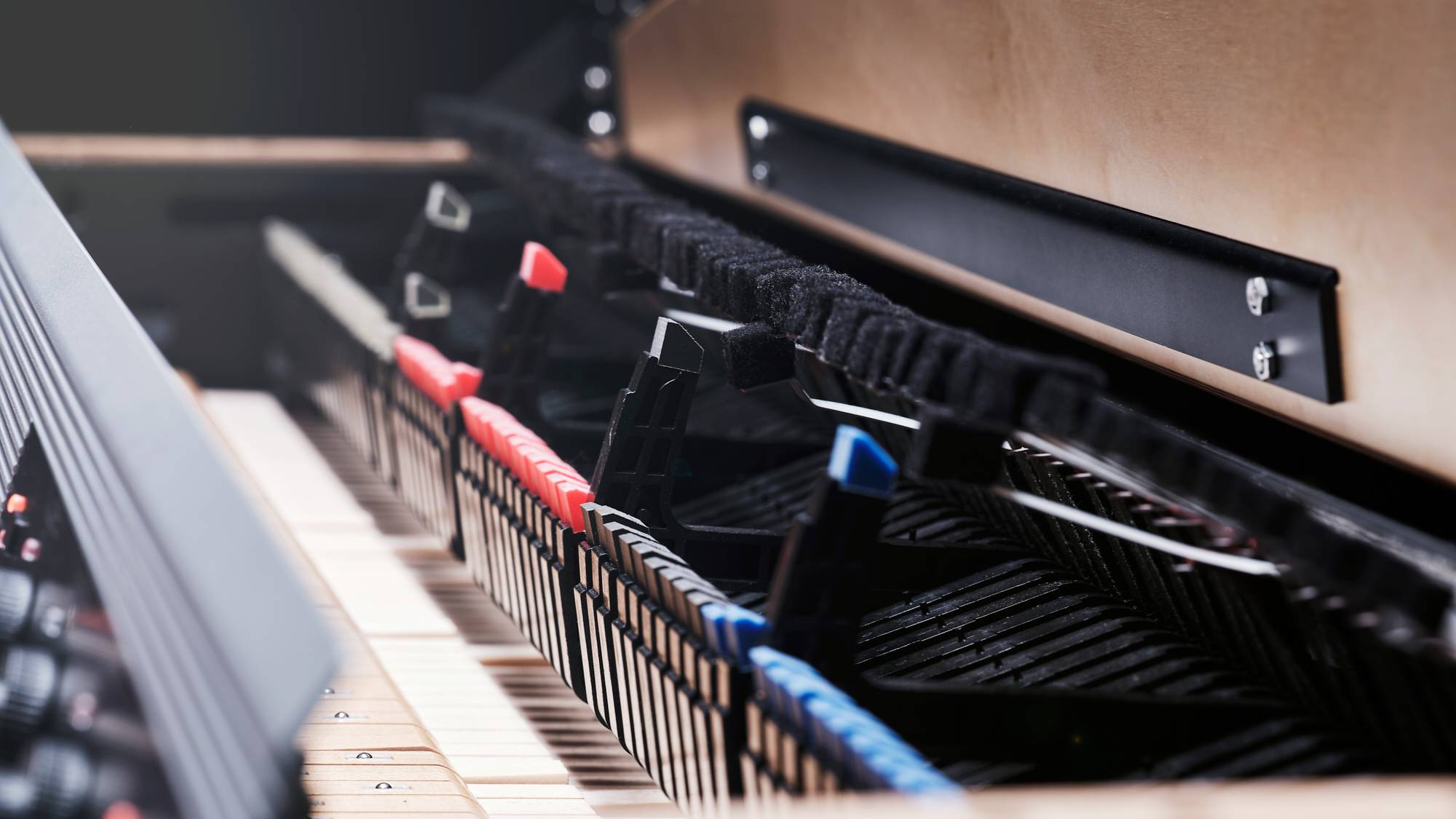
Although it was beloved by artists, the Rhodes had to weather a shifting sea of corporate ownership, as Fender was bought by CBS, then the Rhodes name went briefly to Japanese synth giant Roland. In 1997, Harold Rhodes regained the rights, although he died in 2000 at the age of 89.
Sign up to the T3 newsletter for smarter living straight to your inbox
Get all the latest news, reviews, deals and buying guides on gorgeous tech, home and active products from the T3 experts
Now a new company, Rhodes Music Group Ltd, has brought the Rhodes into the modern age with the MK8. Hand-built by a small team in Leeds, UK, the MK8 combines all the qualities of the classic Rhodes with a total overhaul of every mechanical component. The new model is also fully customisable, with every panel and physical element available in several different colours and finishes, including a rather luxurious walnut. Manufacturing tolerances and finishes are far higher than at any point in the instrument’s lifespan, and the MK8 also comes with a suite of on-board analogue effects, including compressor, drive, chorus, phaser, and delay.
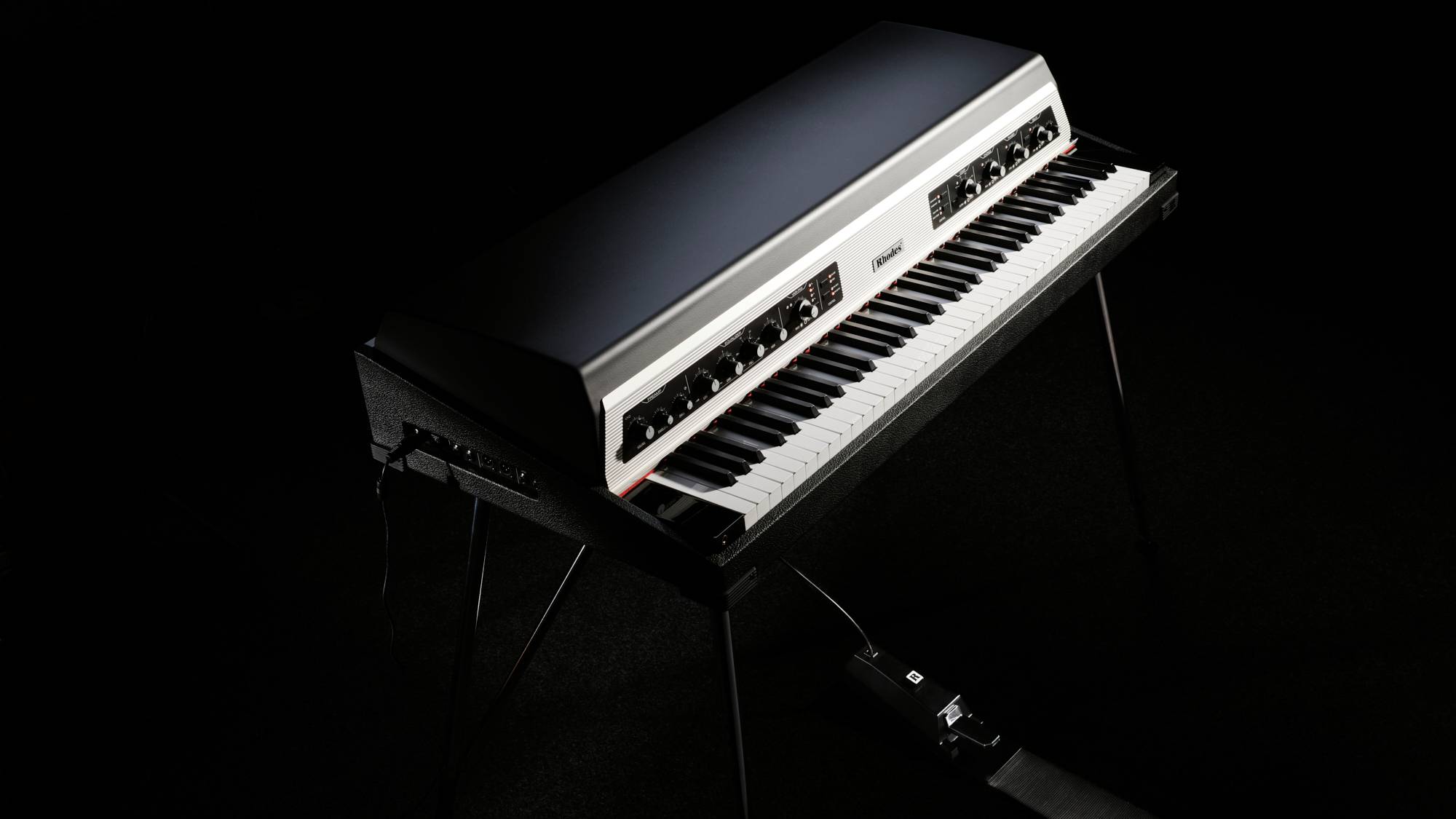
The MK8’s lines reference the simplicity of Harold Rhodes’s originals, in particular the MK1, but have been given a clean contemporary look by Axel Hartmann, a German synthesizer designer with products by Alesis, Moog, Arturia, and Roland to his credit. The Rhodes was a never particularly cheap machine and remains a sought-after second-hand buy.
The care and attention being put into the MK8 revival means this is retro-luxury at its finest, not a machine you’ll want to subject to the rigours of life on the road (unless you have a well-trained team of white-gloved roadies). Finally the Rhodes looks as good as it sounds.
The Rhodes MK8 is available from £8,154.
Find out more at RhodesMusic.com.
This article is part of The T3 Edit, a collaboration between T3 and Wallpaper* which explores the very best blends of design, craft, and technology. Wallpaper* magazine is the world’s leading authority on contemporary design and The T3 Edit is your essential guide to what’s new and what’s next.

Jonathan Bell is Wallpaper* magazine’s Transport and Technology Editor, a role that encompasses everything from product design to automobiles, architecture, superyachts, and gadgets. He has also written a number of books, including Concept Car Design, 21st Century House, and The New Modern House. His interests include art, music, and all forms of ephemera. He lives in South London with his family.
-
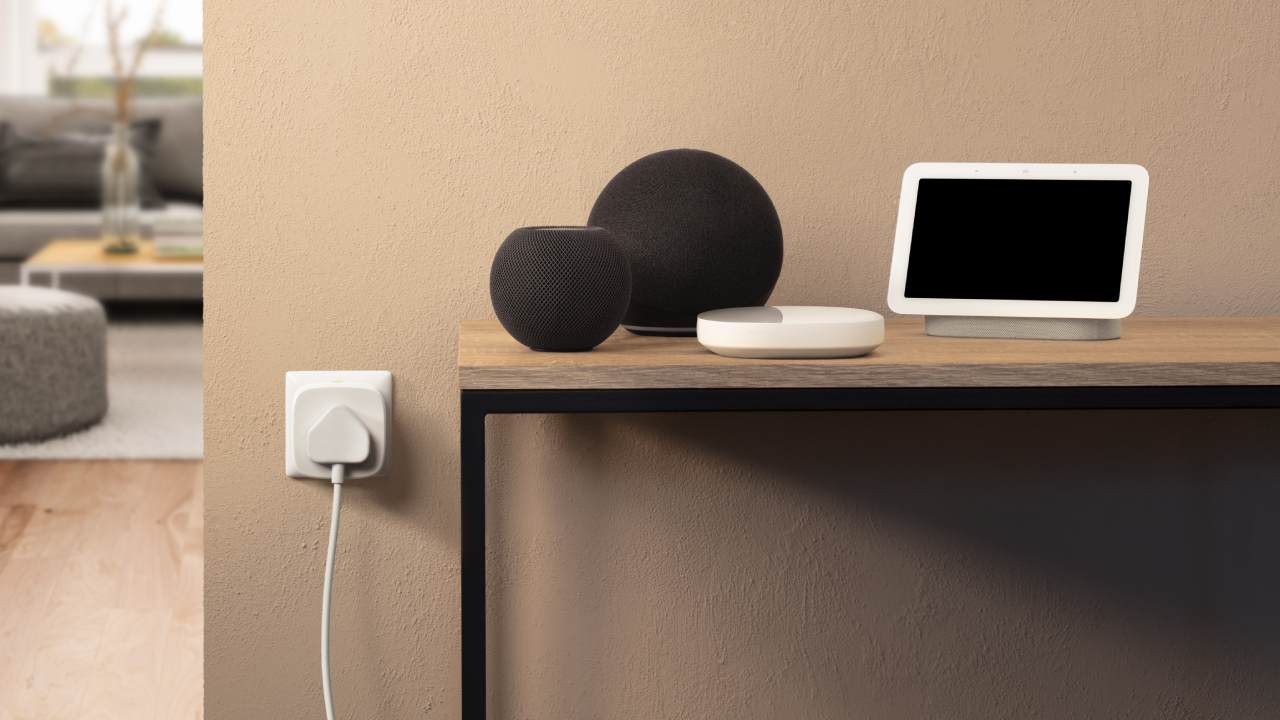 Eve’s smart plug gets impressive Matter upgrades – but I’m most excited about the app
Eve’s smart plug gets impressive Matter upgrades – but I’m most excited about the appEve Energy adds Matter support and an updated Android app
By Bethan Girdler-Maslen
-
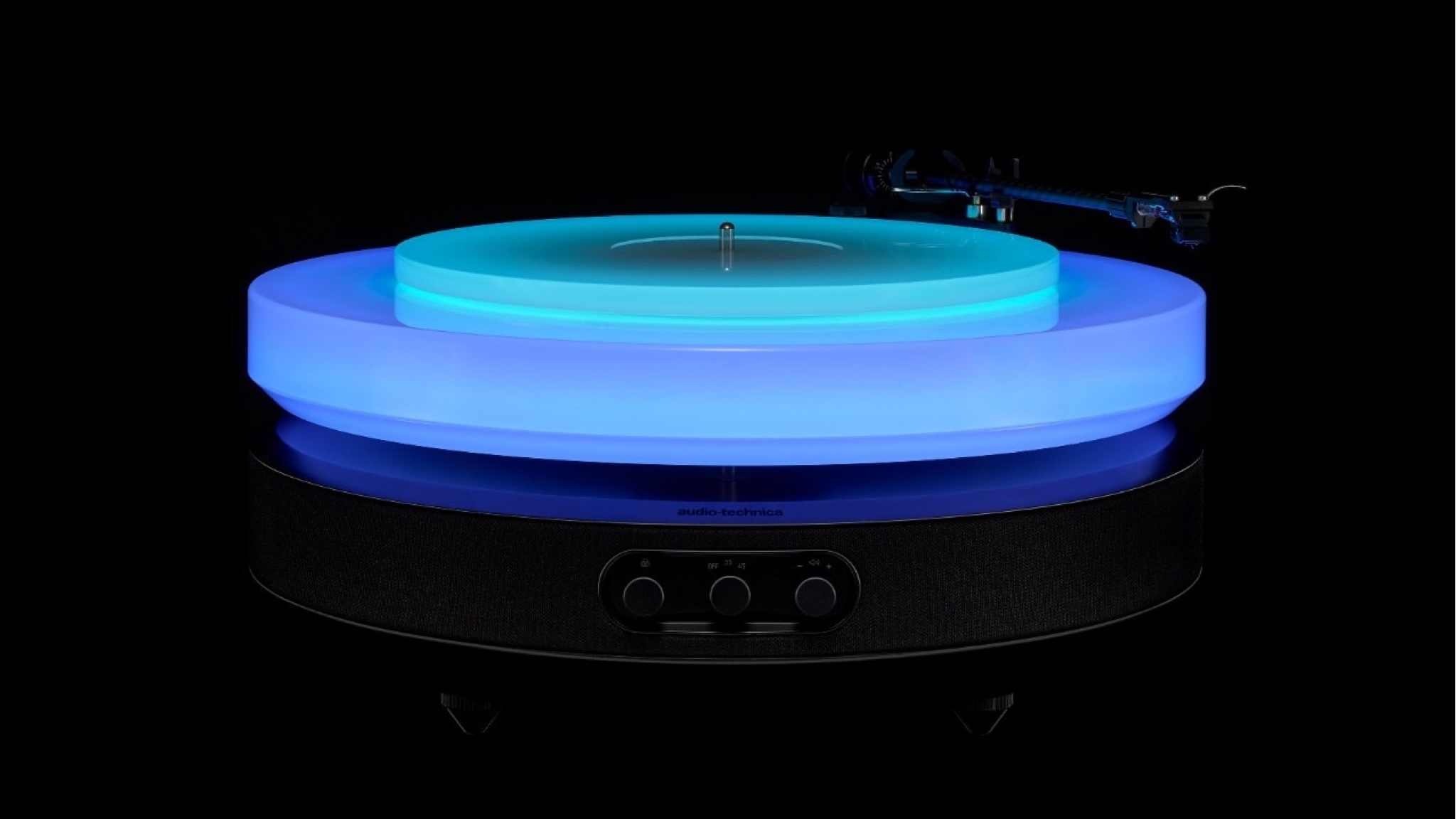 Audio-Technica’s latest luxury turntable will light up your life, and your records
Audio-Technica’s latest luxury turntable will light up your life, and your recordsThis strictly limited turntable is a feast for the eyes as well as the ears
By Carrie Marshall
-
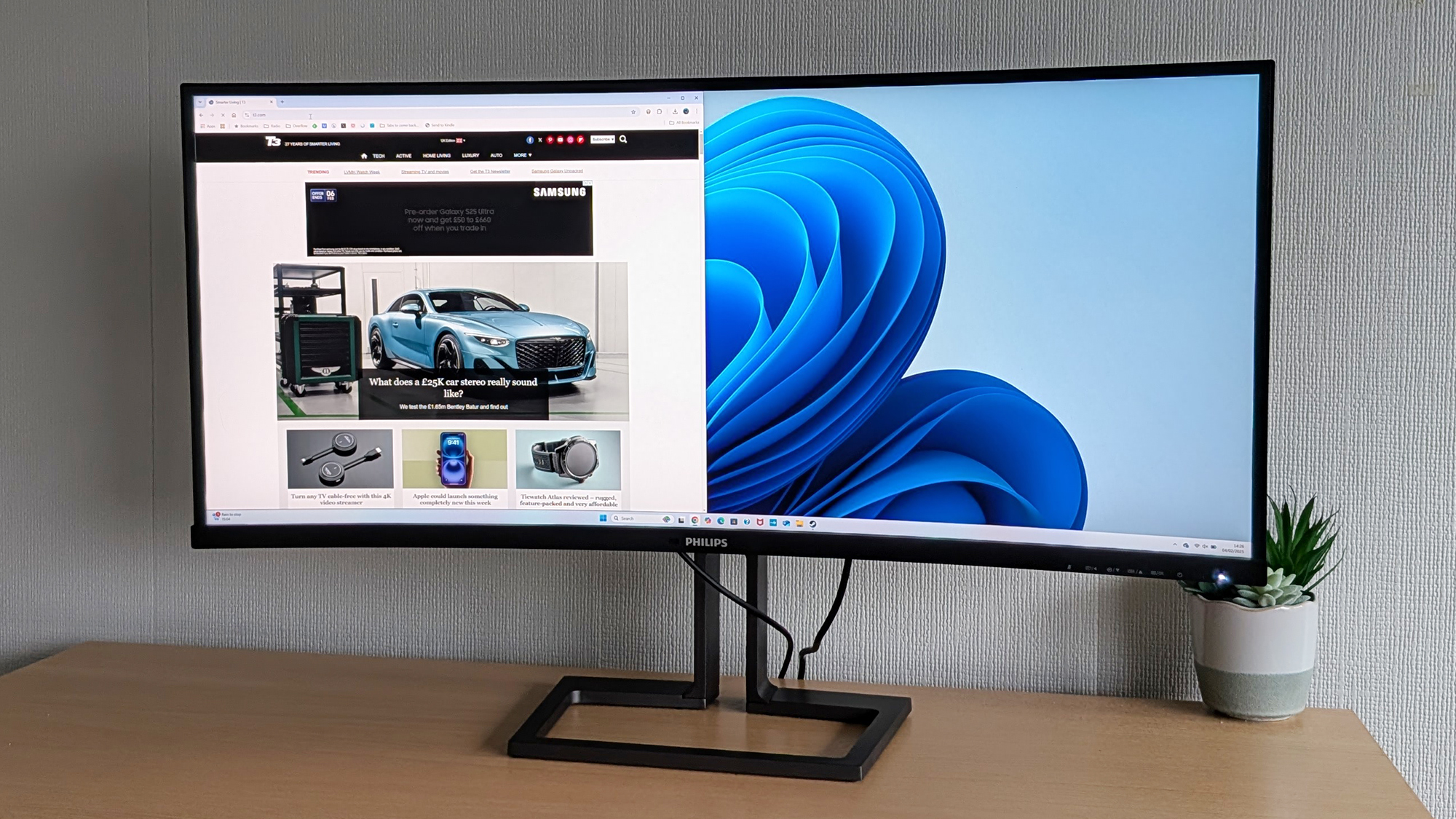 Philips 40B1U6903CH review: a 5k monitor ready to level up your productivity
Philips 40B1U6903CH review: a 5k monitor ready to level up your productivityIt's got the lot for a home office, but gamers won't be convinced
By David Nield
-
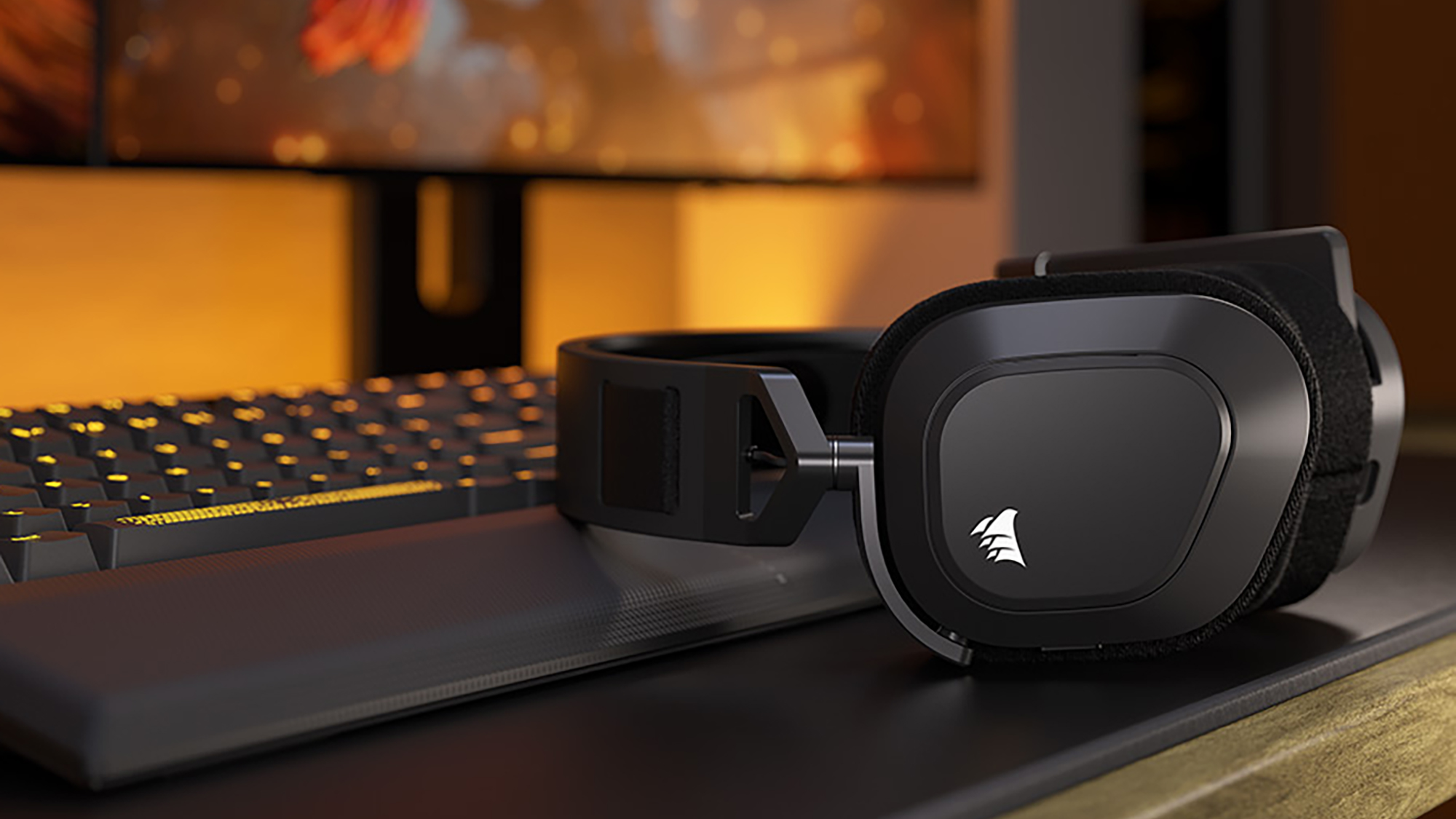 Corsair HS80 Max Wireless review: a solid mid-tier gaming headset
Corsair HS80 Max Wireless review: a solid mid-tier gaming headsetA capable audio option for the price you're paying
By David Nield
-
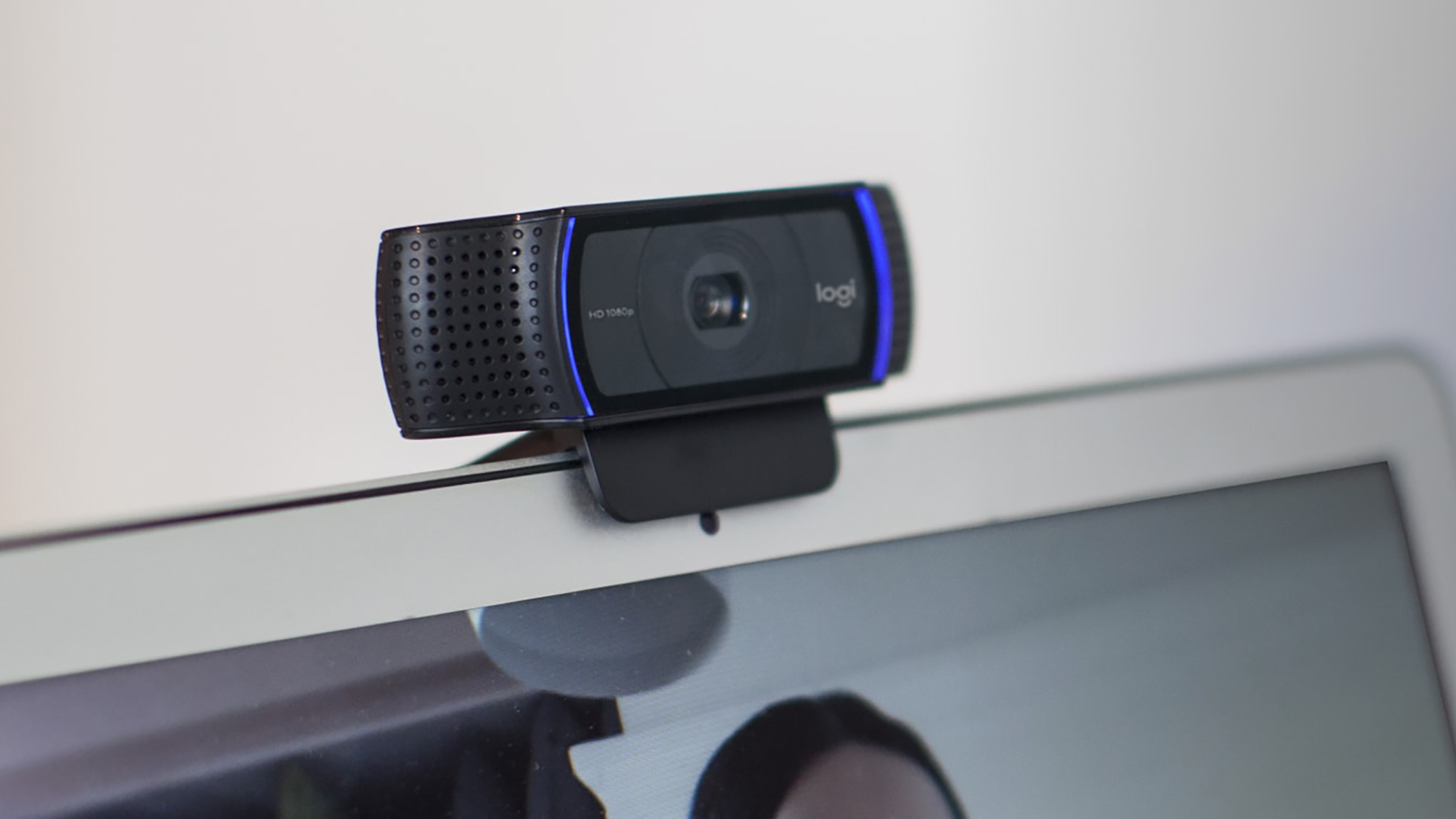 Logitech C920 Pro HD review: a solid and affordable webcam upgrade
Logitech C920 Pro HD review: a solid and affordable webcam upgradeThe Logitech C920 Pro HD has plenty to offer shoppers on a budget
By David Nield
-
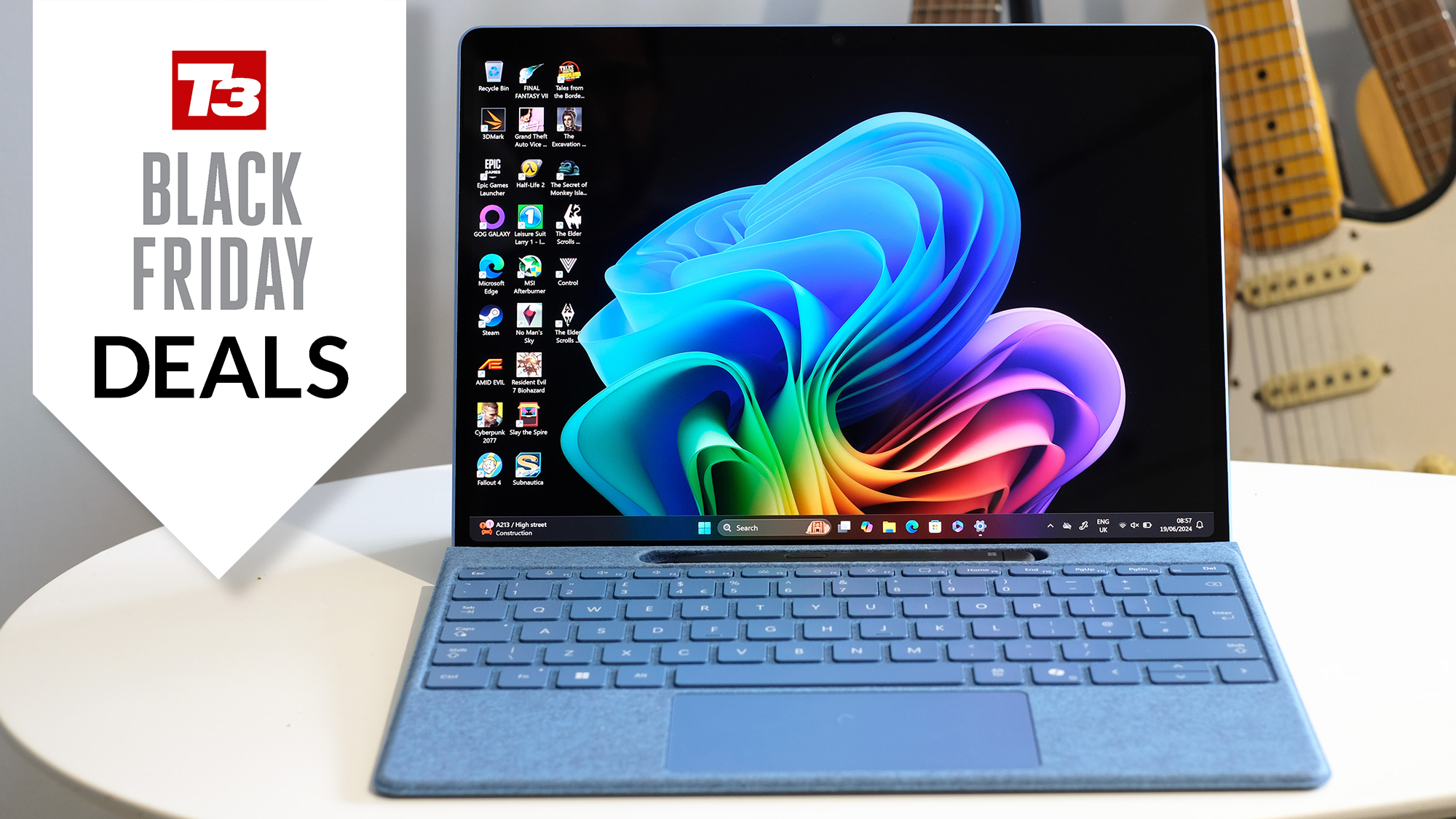 Microsoft's 5-star Surface with keyboard is Best Buy's killer deal
Microsoft's 5-star Surface with keyboard is Best Buy's killer dealBest buy it at Best Buy!
By David Nield
-
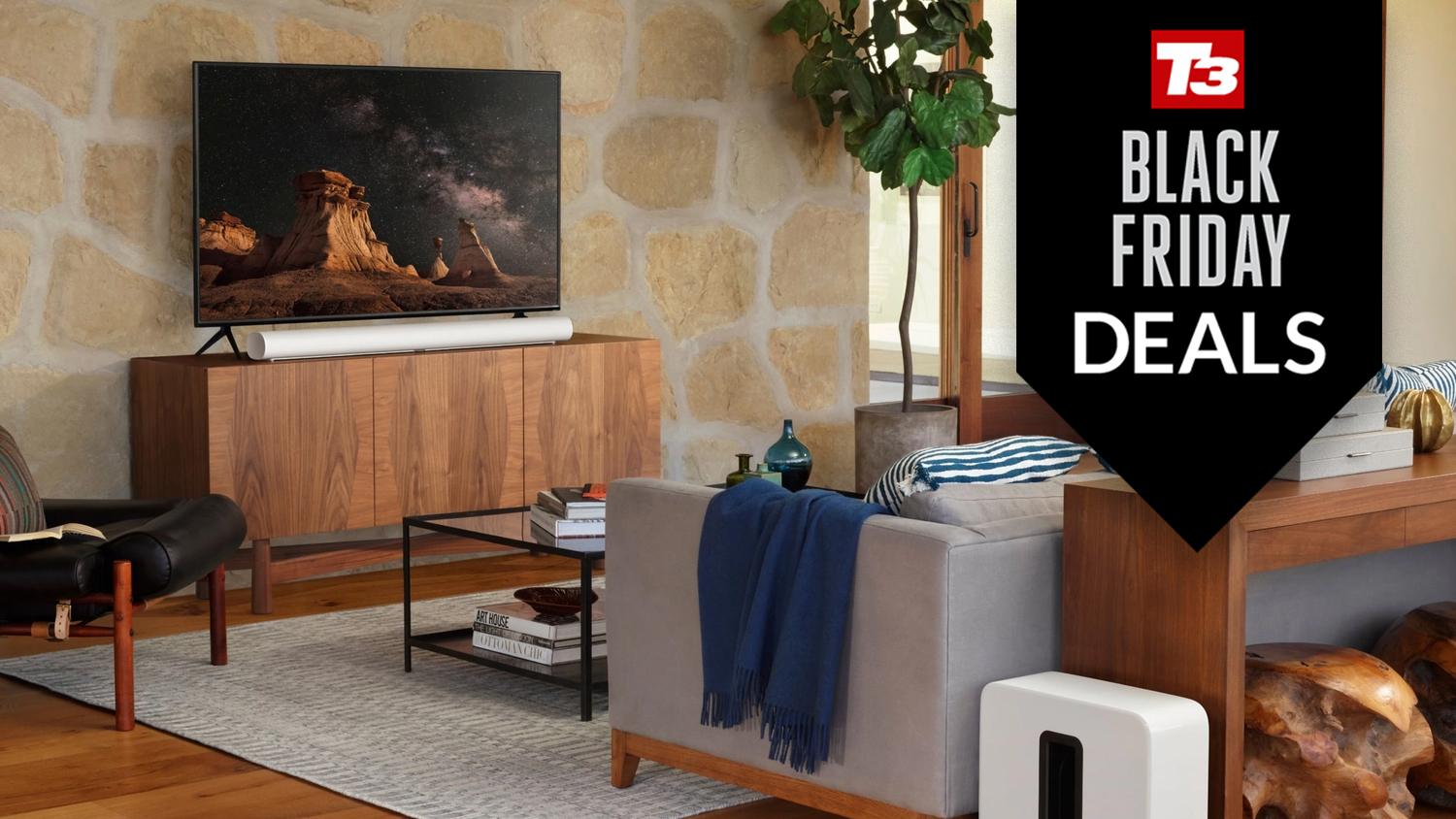 Sonos' premium soundbar just hit its lowest-ever price in 5-star deal
Sonos' premium soundbar just hit its lowest-ever price in 5-star dealTop-tier sound doesn't have to cost top dollar
By David Nield
-
 Huge 75in Sony TV is now cheaper than ever in Amazon's Black Friday sale
Huge 75in Sony TV is now cheaper than ever in Amazon's Black Friday saleYou can now get a top-quality TV for less, with 100s of dollars off this set
By David Nield
-
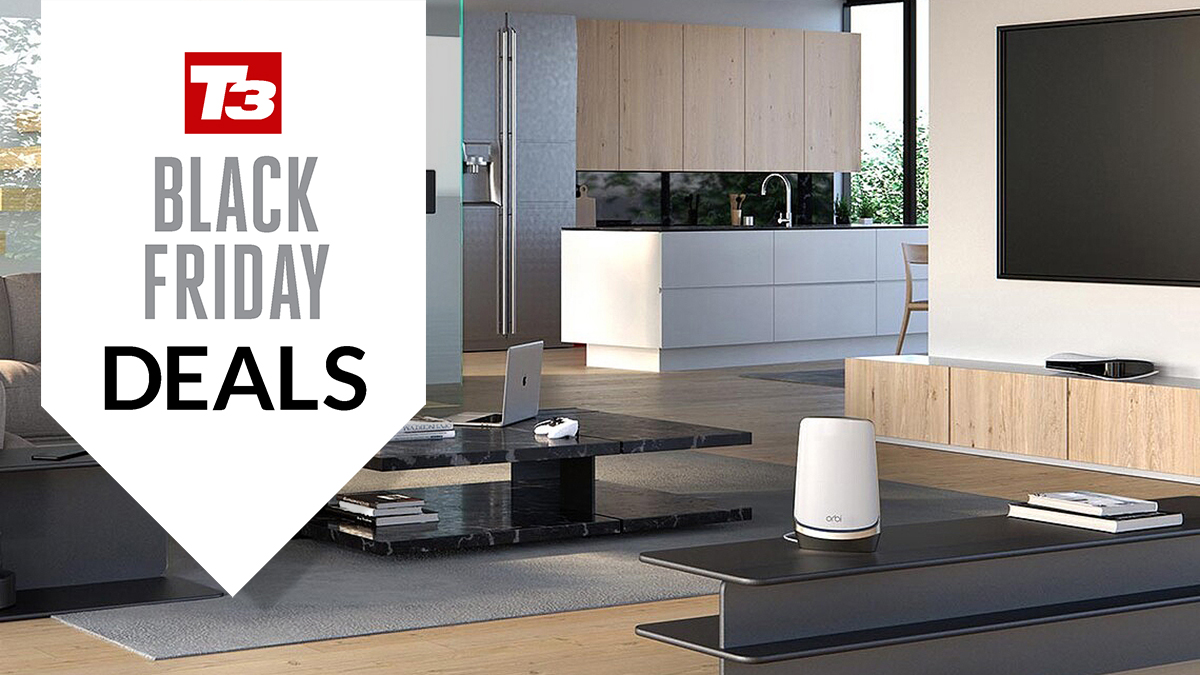 Improve your Wi-Fi with 5-star Netgear kit – now cheaper than ever
Improve your Wi-Fi with 5-star Netgear kit – now cheaper than everThis is one of the most powerful home Wi-Fi setups you can have – and it has hit a new low price on Amazon
By David Nield
-
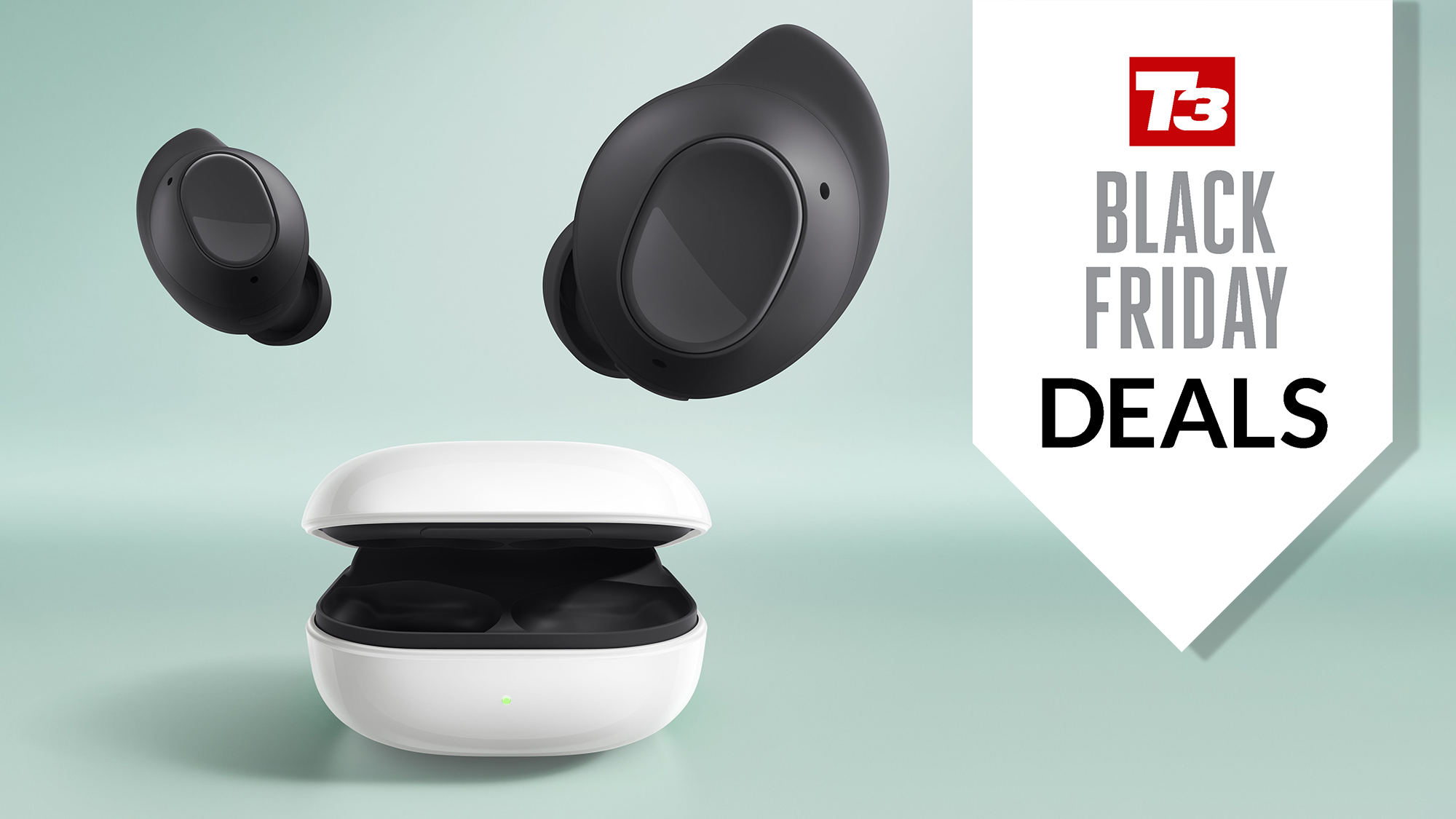 Samsung's fan-favorite earbuds are cheaper than ever on Amazon right now
Samsung's fan-favorite earbuds are cheaper than ever on Amazon right nowThe Galaxy Buds FE bring with them a superb listening experience at a low price – and that price just got even lower
By David Nield
